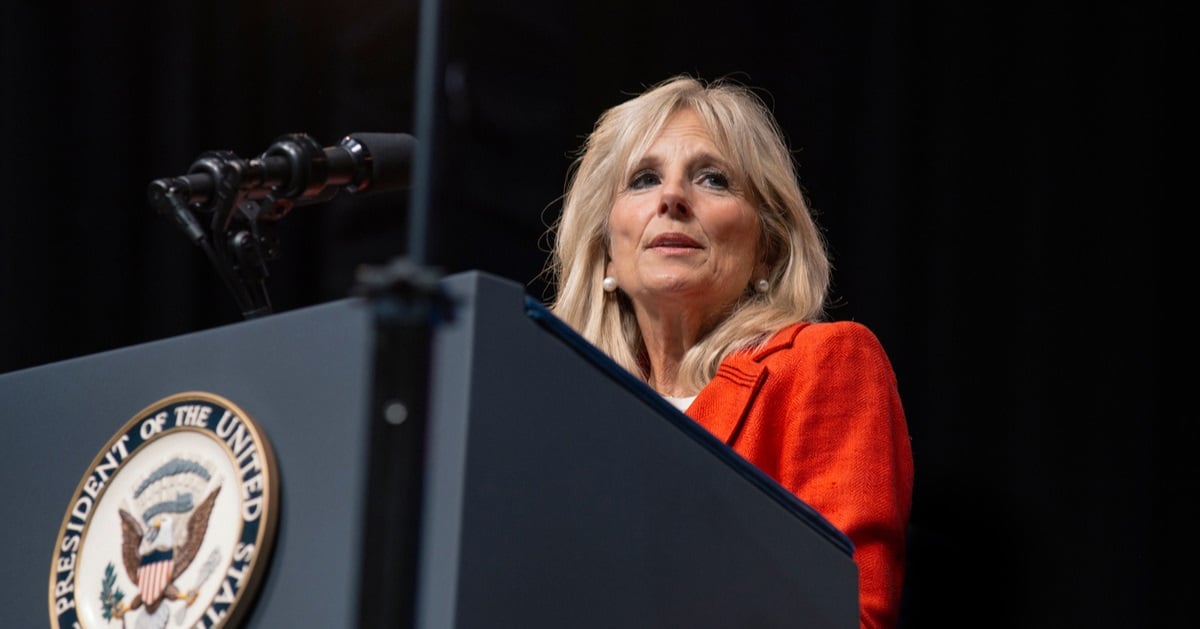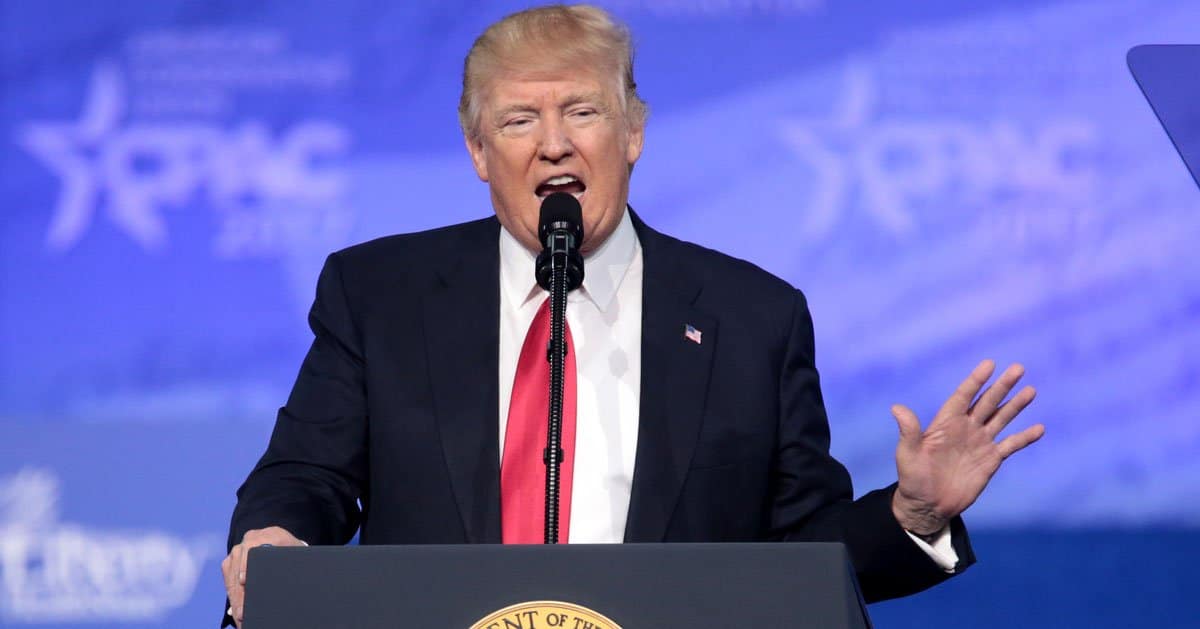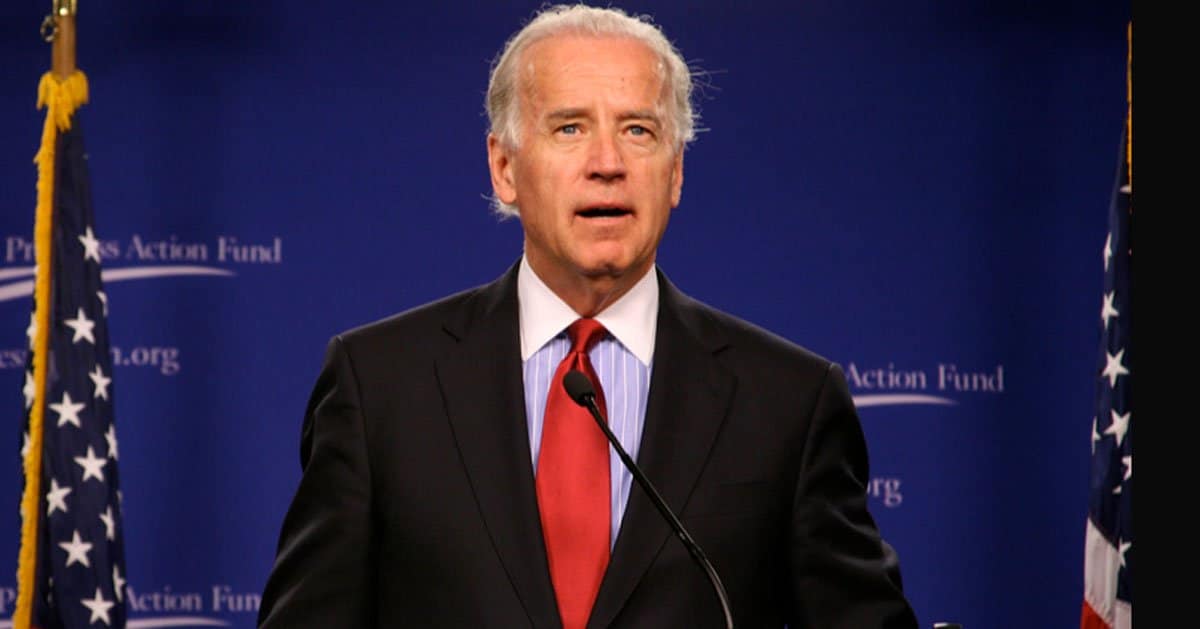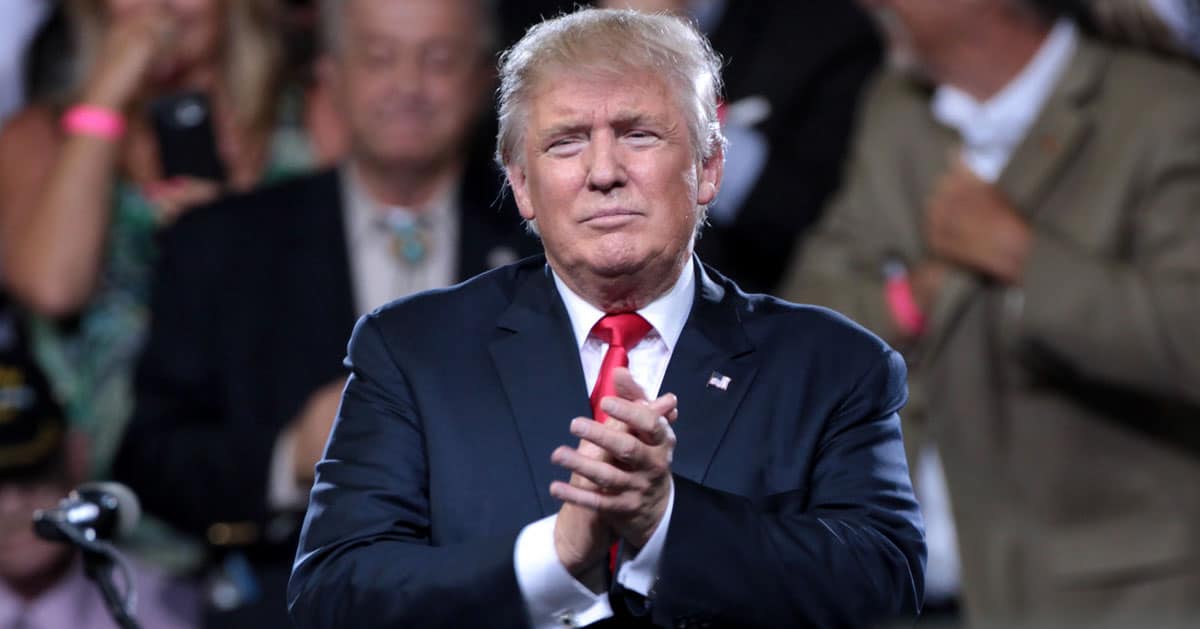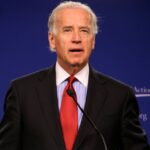The Guardian reported that Leo has decided not to comply with a Senate judiciary committee's subpoena investigating gifts to conservative Supreme Court justices, raising questions about ethics and influence at America's highest court.
The subpoena issued to Leo is part of a broader Senate judiciary committee investigation focused on the potential influence of undisclosed financial contributions from right-wing supporters to the conservative-majority Supreme Court. The court currently holds a significant conservative tilt with a 6-3 majority.
Recent reports have highlighted that Justices Clarence Thomas and Samuel Alito, among others, may have benefited from luxury travel and resort stays that were not disclosed publicly. Although Thomas and Alito have denied any wrongdoing, the allegations have intensified scrutiny of the judiciary's ethical standards.
In reaction to mounting pressures, the Supreme Court recently revised its ethics code. However, this new code is self-enforced, meaning the justices themselves hold the responsibility for adherence without external oversight.
Senate Concerns Over Dark Money Influence
The Senate's ongoing inquiry has also touched upon the broader implications of political donations influencing judicial decisions. As high-profile rulings on abortion, gun control, and affirmative action emerged under the conservative court, concerns about 'dark money' potentially undermining judicial impartiality have escalated.
Billionaire Harlan Crow, another key figure similarly engaged in funding judicial conservatives, was also slated to receive a subpoena from the Senate in November. However, according to his spokesperson, he has yet to receive the subpoena.
Chairman of the Senate Judiciary Committee, Dick Durbin, has pointed at Leo's refusal since July 2023 to engage with the committee as a pivotal reason for the subpoena. Durbin asserts that Leo’s lack of cooperation reflects a deeper ethics problem within the Supreme Court.
Public Reactions to the Subpoena
Progressive groups have lauded the subpoena issued to Leonard Leo but have also criticized the lack of similar action against Harlan Crow. They argue that accountability should be uniformly applied to all involved in the alleged ethics violations.
In his defense, Leonard Leo criticized the proceedings, branding them as an extension of a politically motivated endeavor to "silence and cancel political opposition," managed by Senator Sheldon Whitehouse and supported by Democrat activists.
Caroline Ciccone, representing these progressive groups, supported the subpoena. She stated that this action is crucial for restoring credibility and ethical standards at the Supreme Court, which she claims have been compromised by ongoing corruption scandals linked to influential donors like Leo.
Complex Dynamics of Judiciary Oversight
Ezra Levin, another vocal critic from the progressive faction, expressed dissatisfaction with the approach taken by Durbin. Levin called for more decisive actions such as subpoenaing Crow, to unambiguously address the ethical concerns surrounding the conservative-packed Court.
In contrast to the expansive discourse around ethics and accountability, Chief Justice John Roberts declined an invitation to testify before Congress regarding these issues, preserving the judiciary's stance on maintaining a separation from legislative pressures.
At a grassroots level and among policymakers, the debate continues as to how to effectively ensure judicial transparency and impartiality in a political landscape that is increasingly polarized.
The Escalating Debate Over Court Transparency
As the Senate presses forward with its investigative efforts, the responses from those subpoenaed will likely shape the ongoing dialogue about the balance between judicial independence and public accountability in the U.S. Supreme Court.
The ultimate outcome of this inquiry may prompt further changes to how justices are monitored and how transparency is maintained in the judiciary, ensuring that the court's credibility is not undermined by external influences.
Amidst these complexities, the Senate's actions may well redefine the boundaries of oversight over a judicial system that both reflects and impacts the broader societal values and laws of the United States.
In conclusion, the ongoing investigation by the Senate judiciary committee into undisclosed gifts to conservative Supreme Court justices highlights serious concerns about judicial ethics and transparency. The refusal of Leonard Leo and others to cooperate with subpoenas, juxtaposed with recent conservative rulings and internal changes to the Supreme Court's ethics code, adds layers to an ethics crisis that promises to influence public trust and the workings of American jurisprudence for years to come.



